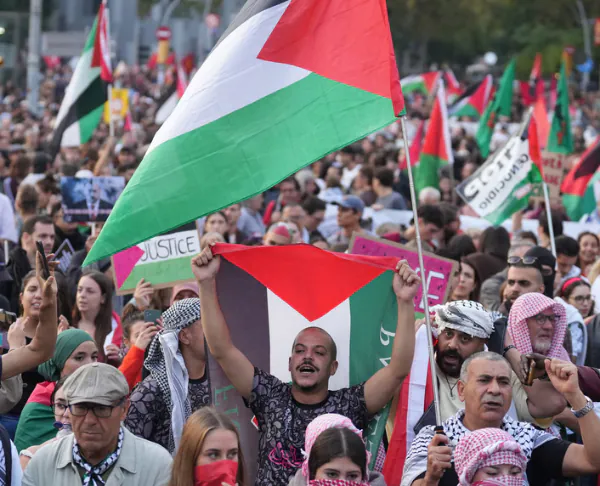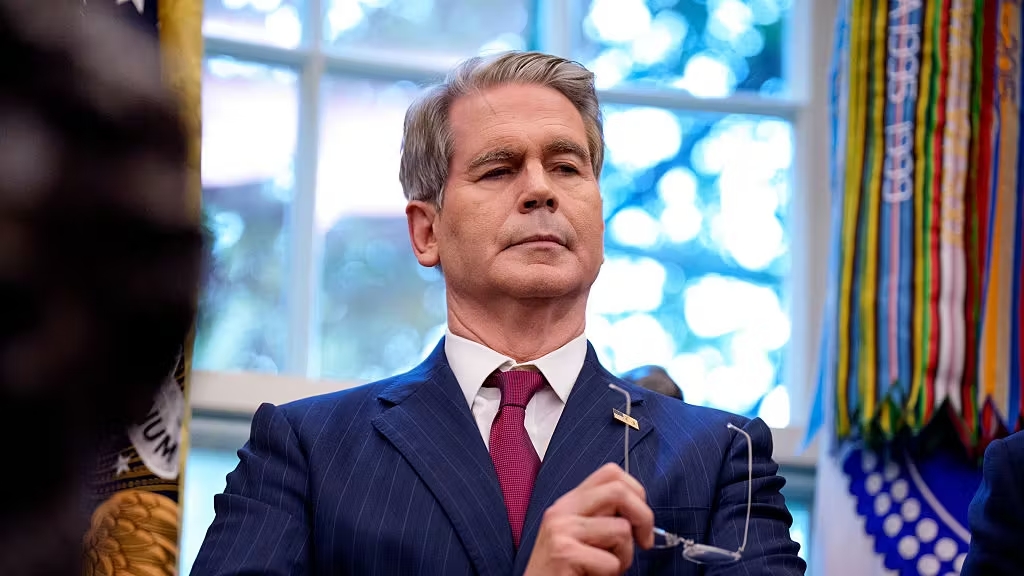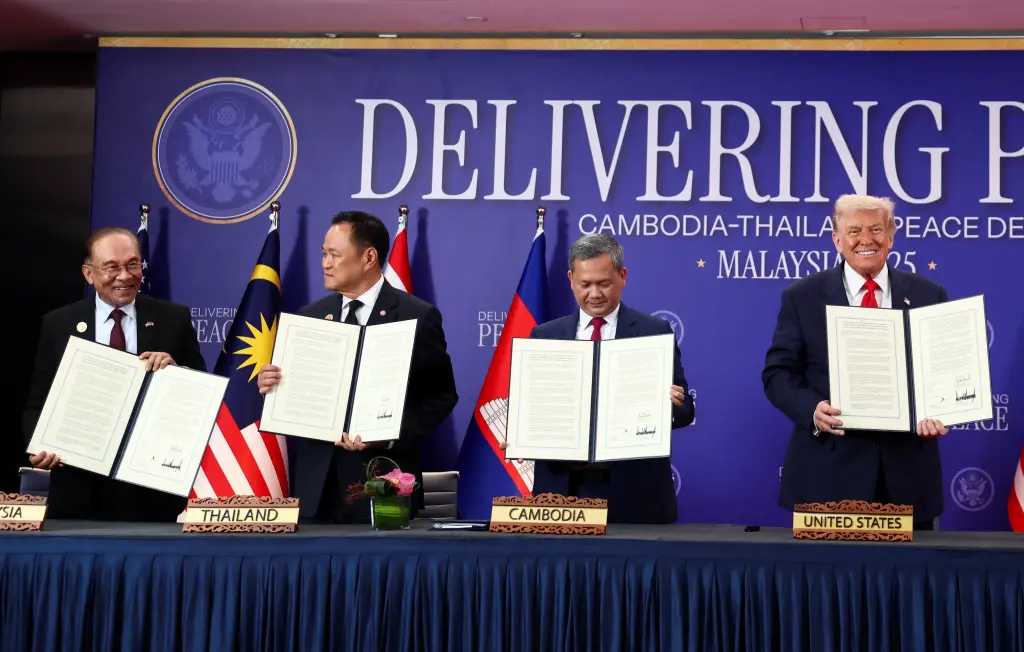DOHA — As negotiations continue for a ceasefire and the rebuilding of Gaza, Hamas remains firm on maintaining its control over security in the region. In a recent interview with Reuters, Mohammed Nazzal, a senior Hamas official, confirmed that the group would not commit to disarmament, leaving one of the key conditions of peace talks still unresolved.
Nazzal, speaking from Doha, where Hamas leaders have resided for years, emphasized that while the group is open to a ceasefire lasting up to five years to rebuild Gaza, it would require guarantees for a future that includes Palestinian statehood. This reflects the broader challenges facing U.S. and international efforts to bring an end to the conflict, particularly when it comes to the future of Hamas and its weapons.
Nazzal defended the group’s crackdown in Gaza, including a series of public executions earlier this week, describing them as “exceptional measures” taken during wartime. According to Hamas, those executed were criminals guilty of murder, though the executions have sparked widespread international condemnation.
The Disarmament Dilemma
Despite ongoing peace efforts, the issue of disarmament remains a significant obstacle. While Hamas has expressed interest in a long-term truce and peace talks with Israel, it remains unwilling to relinquish its arms. Nazzal stated, “I can't answer with a yes or no” when asked if Hamas would disarm, adding that it depends on the nature of the project and which groups are involved in the weapons discussions. This reluctance suggests deep-rooted concerns over the group’s security, even in a potential post-ceasefire situation.
The timing of Nazzal’s comments underscores the difficulties in aligning Hamas' positions with U.S. President Donald Trump's plan for Gaza, which calls for Hamas' disarmament and the transfer of governance to a technocratic committee overseen by an international body. Trump’s plan also includes a requirement for Hamas to return all hostages before agreeing to further talks, but Hamas has yet to fully comply, complicating any potential resolution.
A Fragile Ceasefire and Rebuilding Hope
Hamas, battered by Israeli airstrikes and facing internal pressure to disarm, is caught between the need for a ceasefire and the reality of its military infrastructure. The group has committed to returning hostages in stages, and to its credit, has already returned several bodies of deceased Israeli hostages, though there are still delays in the process.
The ceasefire, negotiated after intense fighting, is seen as a critical first step. However, Nazzal insisted that any lasting peace deal must offer the Palestinian people "horizons and hope" for statehood. He reiterated Hamas' position that any truce should last three to five years to give Gaza the chance to rebuild, but the long-term outlook depends on whether the Palestinians are given assurances of an independent state.
Nazzal's comments reflect the deep divisions between Hamas’ longstanding goals and the demands of the international community. While Hamas seeks a long-term ceasefire, Israel remains skeptical, seeing any truce as a temporary measure until the group’s military capabilities are fully dismantled.
The Path Forward
In his comments, Nazzal also noted that Hamas would remain in Gaza during the transitional phase, which would see the establishment of a technocratic administration. This seems to be a compromise to ensure security while rebuilding, but it leaves questions about Hamas' future military role in Gaza unresolved. He also mentioned that elections would be held following the transitional phase, though the role of an international stabilization force in Gaza — a key element of Trump’s plan — has not yet been discussed with Hamas.
In a stark contrast, Israel has emphasized that the 20-point plan for peace, which includes the disarmament of Hamas, must be fully adhered to, and warned that time is running out. Prime Minister Benjamin Netanyahu has supported Trump's approach, arguing that dismantling Hamas' military capabilities is essential for lasting peace and security in the region.
As the negotiations move forward, the key question remains: Will Hamas be willing to disarm, or will the conflict continue to fester, with the region’s future uncertain? For now, the group’s insistence on security control and reluctance to disarm suggests that a lasting peace agreement will require significant compromises from all sides.



